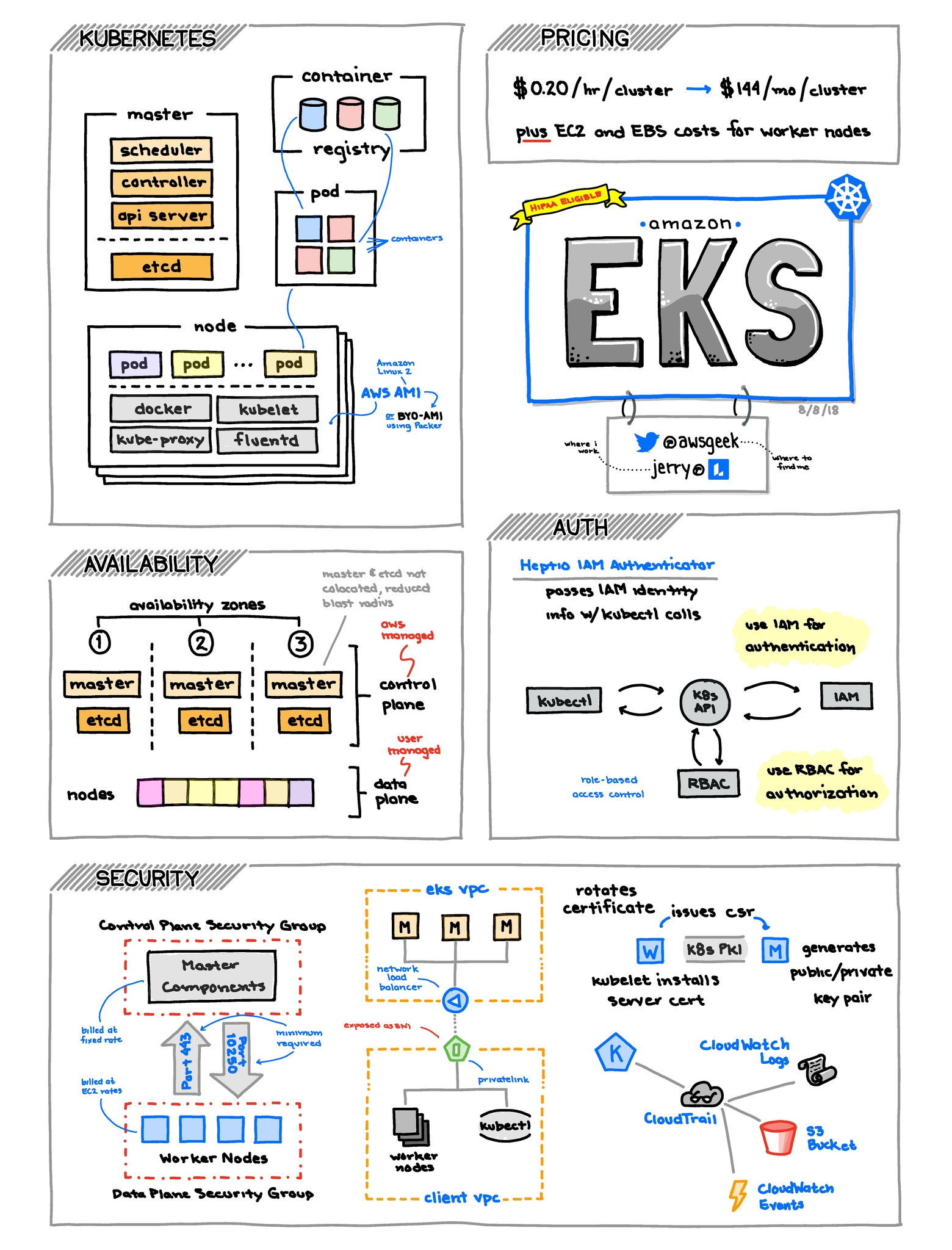
Amazon Elastic Kubernetes Service (EKS) provides a managed Kubernetes environment, allowing organizations to deploy, manage, and scale containerized applications using Kubernetes. Designed for developers and IT administrators, EKS integrates seamlessly with other AWS services to enhance functionality, streamline workflows, and ensure high availability and security. This service is particularly suitable for those organizations already leveraging AWS, seeking an efficient, scalable, and secure way to orchestrate containers in the cloud.
Use Cases
Amazon EKS supports a variety of use cases across different industries and workloads. It is ideal for microservices-based applications, allowing developers to run separate components in isolated containers, which can be independently deployed, scaled, and managed. EKS also facilitates hybrid deployments, enabling on-premises and cloud integration for applications with specific data residency or latency requirements. Furthermore, organizations looking to modernize existing applications can use EKS to rearchitect monolithic applications into nimble, containerized microservices. It is also well-suited for CI/CD pipelines where integration with AWS services such as AWS CodePipeline and AWS CodeBuild can automate application delivery processes.
Pricing
Amazon EKS pricing is straightforward but can accumulate depending on the usage. Users pay $0.10 per hour for each Kubernetes cluster they create, regardless of whether applications are running or not. Additionally, users are charged for AWS resources used by the applications running in the cluster, such as EC2 instances, EBS volumes, and data transfer. To optimize costs, developers can use AWS Cost Explorer and take advantage of reserved instances or spot instances.
Scalability
Amazon EKS automatically scales the Kubernetes control plane nodes across multiple Availability Zones to ensure high availability and eliminates the hassle of provisioning and managing them. For application scalability, users can leverage the Cluster Autoscaler or Kubernetes Horizontal Pod Autoscaler to dynamically adjust the number of running pods based on custom metrics or workload demands. EKS also supports Fargate for serverless compute, where Kubernetes pods automatically scale to demand, removing the need to manage EC2 instances.
Availability
EKS ensures high availability by running the Kubernetes control plane across multiple AWS Availability Zones, reducing downtime risk in case of an AZ failure. EKS is integrated with Amazon Route 53 for reliable DNS management and Elastic Load Balancing to distribute incoming traffic across healthy application containers to ensure a seamless user experience.
Security
Security in EKS is paramount, with a range of features to protect workloads. Amazon EKS integrates with AWS Identity and Access Management (IAM) to enforce fine-grained access control policies. Network policies can be implemented to restrict traffic to specific pods or namespaces. EKS also supports AWS Key Management Service (KMS) for secret management and data encryption. Regular updates and patch management are simplified through managed Kubernetes upgrades, ensuring clusters are secure and compliant with the latest security standards.
Competition
Several other cloud providers offer competing managed Kubernetes services with distinct features and pricing models. Google Kubernetes Engine (GKE) by Google Cloud is a popular alternative known for its advanced networking capabilities and integration with Google’s AI and machine learning services. GKE provides strong support for Anthos, Google's hybrid and multi-cloud platform.
Azure Kubernetes Service (AKS) by Microsoft Azure offers an integrated continuous integration and continuous delivery (CI/CD) experience using Azure Pipelines, with a robust security model through Active Directory integration.
Alibaba Cloud Container Service for Kubernetes provides a comprehensive service with AI-based orchestration to manage application deployments. It is known for its cost-effectiveness and deep integration with Alibaba's ecosystem, particularly advantageous for businesses operating in Asia.
Each of these services offers unique advantages depending on an organization's specific requirements, workload characteristics, and existing cloud environment strategies.
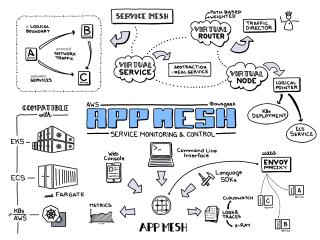 AWS App Mesh
AWS App Mesh
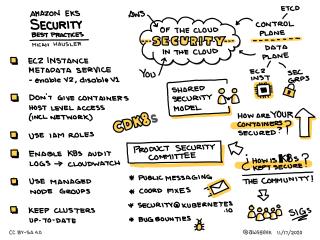 AWS Container Day
AWS Container Day
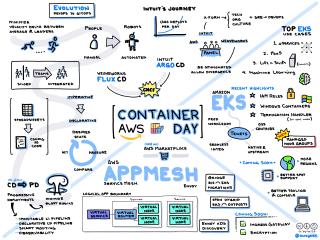 AWS Container Day
AWS Container Day
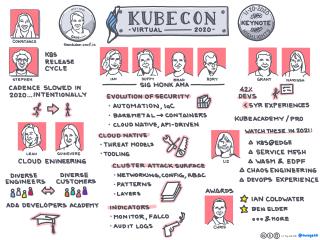 Day 3 Keynote
Day 3 Keynote